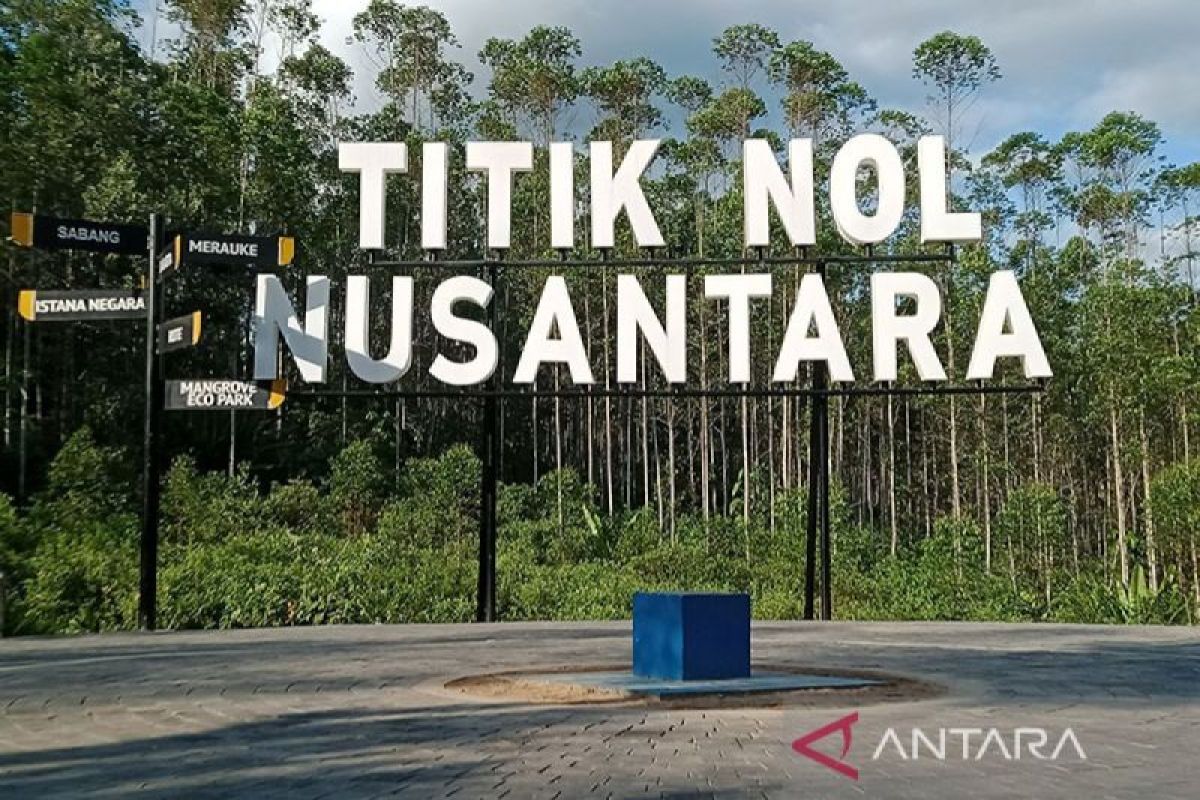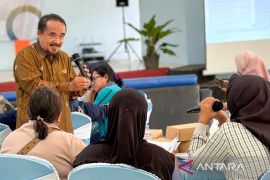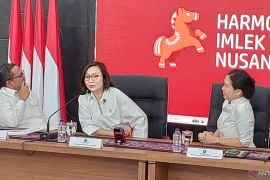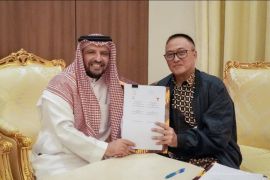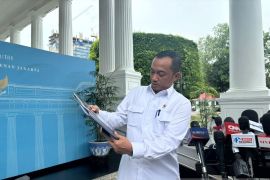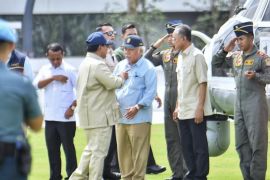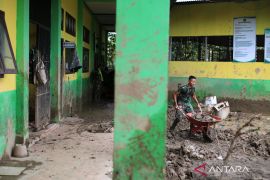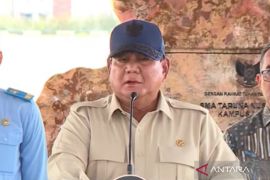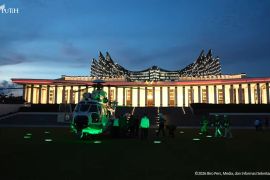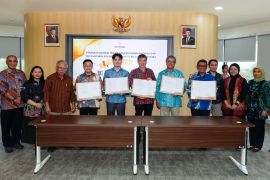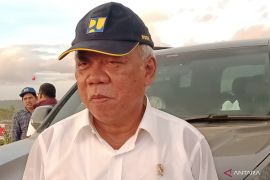"I have asked each of the ministries to procure electric vehicles for their own," he said here on Sunday.
The procurement of EVs by each ministry in the government is to support the use of vehicles in Nusantara.
"Of course, ministers, echelon I and echelon II officials who are on duty in IKN must use electric vehicles," Minister Sumadi said.
The Law No.3/2022 concerning the National Capital City states that low-emission public transportation and mobility must be prioritized in order to create a sustainable city and provide an equal transportation system for the community.
The key principles of a sustainable and accessible city include the provision of high-quality mass transit as the backbone of all mobility services.
Then, the development of various public transportation modes in an integrated manner, ranging from strategic lines to long-distance connections, which must be able to be accessed easily by all residents.
The target in the IKN Master Plan is at least 80 percent of mobility or trips in Nusantara is by public transportation, and 90 percent in high density points.
Furthermore, the master plan also stipulates that all residents live in a 10-minute radius from public transportation points, emphasizing the principle of zero emission in public transportation and private vehicles.
In addition, the establishment of direct routes and strategic hubs in integration points to support mobility.
Therefore, creating policies and regulations such as large subsidies for public transportation users, an integrated payment system for road and rail-based public transportation, and a framework for planning, managing, and monitoring the city's transportation system.
Related news: Indonesia seeks US market access for Korean-made EVs
Related news: Transactions at EV charging stations up fivefold: govt
Translator: Aji C, Kenzu
Editor: Rahmad Nasution
Copyright © ANTARA 2024
